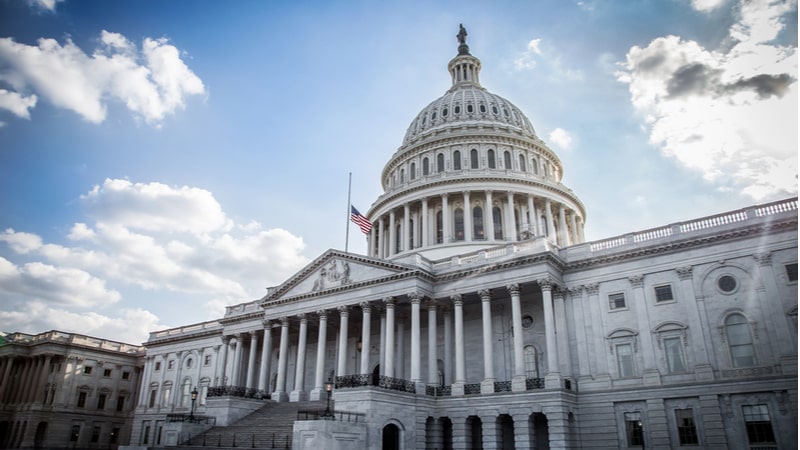
The Internet of Things (IoT) Cybersecurity Improvement Act of 2020 passed the House today and is moving to the Senate for consideration. The legislation would set a minimum-security standard for all IoT devices purchased by government agencies.
The bipartisan cybersecurity legislation was introduced in the House by Reps. Will Hurd, R-Texas, and Robin Kelly, D-Ill., with support from Sens. Mark Warner, D-Va., and Cory Gardner, R-Colo., who are leading the Senate version of the legislation.
“Today, the House took a major and overdue step toward improving U.S. cybersecurity,” Rep. Kelly said. “The bipartisan Internet of Things Cybersecurity Improvement Act will ensure the U.S. government purchases secure devices and existing vulnerabilities are closed.”
By addressing IoT at the supply chain level, the goal of the legislation is to address cyber risk presented by IoT devices before the devices are introduced into Federal government use.
“The Internet of Things grows every single day, and, by the end of next year, it will include more than 20 billion devices,” Rep. Hurd said. “The result is an astounding, unimaginable amount of data – 90% of the data in the entire world was created in the last two years. America needs to keep up with this incredible trend, and that means ensuring proper security and protections – the IoT Cybersecurity Improvement Act is a step in that direction.”
The legislation requires the National Institute of Standards and Technology (NIST) to publish standards and guidelines on Fed use of IoT devices, and directs the Office of Management and Budget to review government policies to ensure they are in line with NIST guides. Federal agencies would be prohibited from procuring IoT devices that do not apply with the security requirements.
Reps. Peter Welch, D-Vt., and Cathy McMorris Rodgers, R-Wash., introduced a separate piece of IoT legislation last month – the Developing and Growing the IoT Act – that would establish a Federal working group to consult with private sector partners on IoT recommendations for Congress. The legislation is a companion to Senate bill that passed earlier this year.
